TOOLKIT / 31 DECEMBER 2023
Curious about what you’re really good at? Here are 7 easy steps to get you started
Ever asked yourself “How do I know what I’m really good at?”
Discovering your true strengths and talents is a crucial step towards leading a fulfilling life. However, it can be a challenging and overwhelming process, often feeling like piecing together a puzzle. Our article aims to provide you with a clear and detailed path towards identifying your unique skills, passions, and values. Whether you want to apply them to your career or for personal satisfaction, these seven straightforward steps will help you uncover your strengths. By investing time in yourself, you can gain a deeper understanding of yourself and find the direction you need to succeed and thrive.
Why is knowing my strengths important?
Many of us don’t know what our inner strengths are or have difficulty discussing them. Studies have shown that by focusing on our strengths and abilities, we become motivated to set and achieve significant goals instead of dwelling on our weaknesses. It is commonly believed that successful people or “high performers” set high goals while unsuccessful people or “low performers” set low goals. However, research has disproved this assumption. The key difference between high and low performers is that high performers tend to invest their time and effort in capitalizing on their unique strengths, talents, and abilities in both their personal and professional lives. They can identify their superpowers and take steps to further develop them.
Understanding your strengths comes with several benefits:
- Improved confidence and self-esteem.
- Provides direction and goal attainment.
- Higher engagement at work.
- Generates resilience.
- More kindness towards others.
- Proven to increase results, profits, and sales in a business sense.
Here are 7 easy ways to get you started
1. Make a list of all your achievements, successes and proudest moments over the last 12 months
Take a moment to reflect on all that you have achieved thus far. Consider creating a timeline of your accomplishments, highlighting the most significant milestones. Recognising the successes that have helped you get to where you are today will serve as a foundation for identifying your strengths. Remember, your past achievements are a testament to your hard work and determination, and they will continue to pave the way for your future success.
Ask yourself: What achievement comes to mind that made you especially proud, and what skills did you use to make it happen?
2. Take an external assessment.
Sometimes, it can be valuable to gain a fresh perspective by utilising assessments or tools that can reveal hidden talents. To begin the process, you can either perform an external self-assessment or review an assessment you may have previously completed at work.
Below are three external providers that can help you get started. These assessments should take no more than 30 minutes to complete and will provide you with valuable initial insights to help you discover your unique strengths.
16 Personalities
This free test can serve as a great self-awareness tool. They follow the NERIS tool which is a hybrid model between Carl Jung and Meyer-Briggs
Link: https://www.16personalities.com/
Clifton Strengths by Gallup
Globally recognised, this online assessment is a paid service and will take about 30 minutes to complete. You’ll receive your top 5 dominant strengths which are based on their 34 themes. They regard a strength as a talent. “If talents are like ‘diamonds in the rough’, strengths are like diamonds that have been carefully cut and polished”.
Link: https://www.gallup.com/cliftonstrengths
Via Strength Assessment
Another well-known external provider will assess you against their 24-character strengths and virtues. Their approach distinguishes strengths from talents by categorising them into 6 main virtues: wisdom, courage, love/humanity, justice, temperance, and transcendence.
Link: https://www.viacharacter.org/
Ask Yourself: What parts of the assessment resonated with me? What parts of the assessment didn’t resonate with me? What did I learn about myself that I didn’t know before?
3. Seek feedback from those around you.
You’d be amazed at how much you can learn from the people around you. Seeking feedback from friends, family, and colleagues can help you see things from different angles and gain a fresh perspective. By doing so, you can broaden your horizons and unlock new opportunities for growth and self-improvement.
Consider This: If your friends had to describe your standout qualities, what do you think they would say?
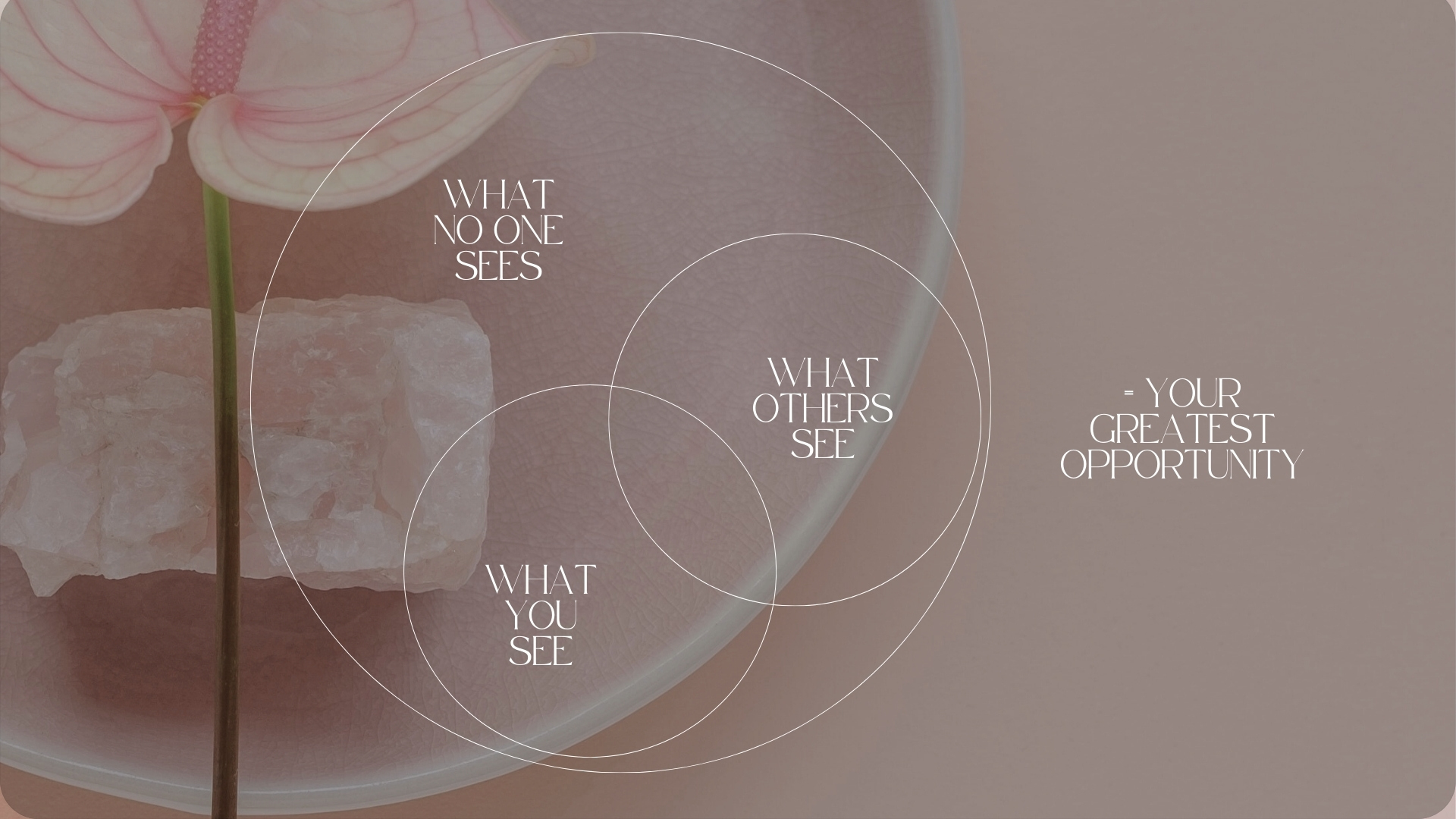
4. Take note of how you spend your free time.
Exploring your hobbies and how you like to spend your leisure time can provide valuable insight into your personality. Pay attention to the activities that capture your attention and ignite your passion, as they can offer clues about your interests and values. Whether it’s reading, painting, hiking, or cooking, the things you love to do in your free time can give you a deeper understanding of who you are and what brings you joy.
Challenge Yourself: Monitor your activities for the next 7 days. What gives you energy? What drains your energy?
5. Identify patterns and common themes.
When reflecting on your life experiences, pay attention to the patterns that emerge. These recurring themes may be related to your skills, values, and passions, and can provide valuable insights into your inherent strengths. For example, if you find that you consistently enjoy working with people and helping them solve problems, this may indicate that you have a talent for communication, empathy, and problem-solving. By identifying these patterns and understanding what they reveal about your strengths, you can better align your career and personal goals with your natural abilities and interests.
Review Your Findings: Are there common threads or themes in your life experiences, external assessment results, or feedback from those around you, that stand out to you?
6. Experiment, try new things, take risks and have fun while doing it.
It’s not always easy to determine whether you have a natural talent for something that you’ve never tried before. However, stepping out of your comfort zone and attempting new things can be a revealing experience. In fact, you may discover that you possess certain abilities or strengths that you had no idea existed. So, don’t be afraid to try new things and explore different avenues, as you never know what you might be good at until you give it a shot.
Ask Yourself: If you could try out any new activity without fear of failure, what would it be, and why?
7. Seek external support via coaching or mentorships.
If you ever feel stuck or uncertain about your goals, it can be incredibly helpful to seek guidance through coaching or mentorship. A coach or mentor can provide you with personalised one-on-one support and advice, tailored to your specific needs and circumstances. They can help you identify your strengths and weaknesses, set achievable goals, and develop strategies to overcome obstacles.
Ask Yourself: If you could have a mentor or coach to guide you in any area of your life, what would that area be, and why?
Ready to explore?
Understanding our strengths can be a difficult task, and unfortunately, there is no single formula that can provide us with an exact answer. It requires time, self-reflection, and support from others. The process is not always a straightforward one, and it is constantly evolving. The more we invest in exploring our abilities, the more we will benefit both personally and professionally. It’s crucial to be open to trying new things, as this ‘trial and error’ approach will help us to determine our strengths and weaknesses. Consistently and gently exploring these areas can help us grow.
Every one of us has an inherent desire to feel confident and competent in whatever we do. Although doubts may arise, it’s important to remember that every individual has their unique strengths. It may take some time to discover those strengths, but once we do, it fills us with motivation and a sense of fulfilment. We should keep in mind that being good at something may not always bring us happiness, but finding and pursuing our passions will lead us on a path of purpose and satisfaction. Therefore, we should trust the process and believe in ourselves. You got this!
Looking for more inspiration?
Find us on Pinterest.
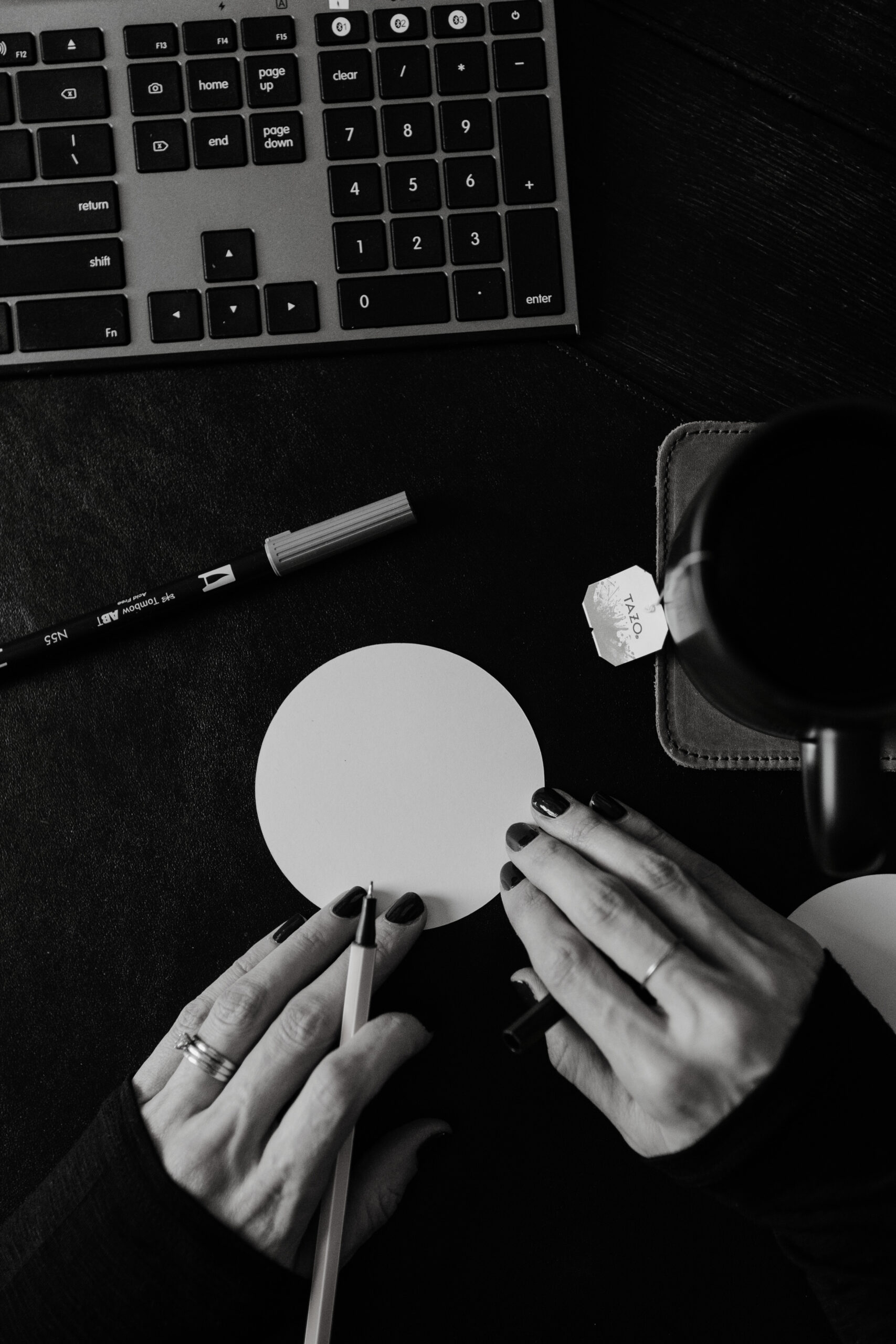
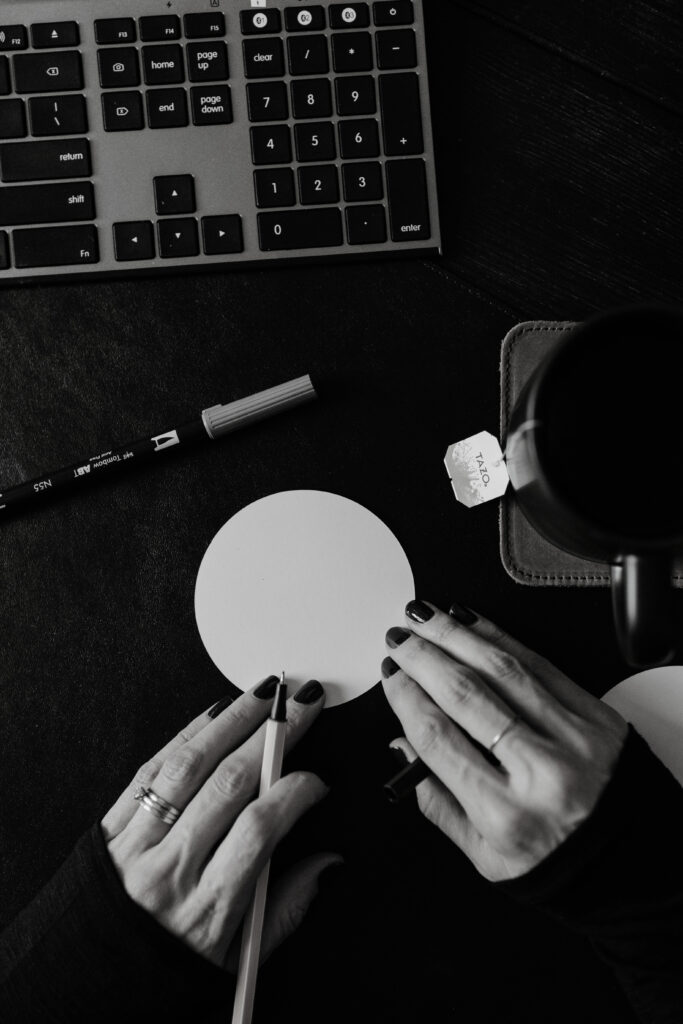
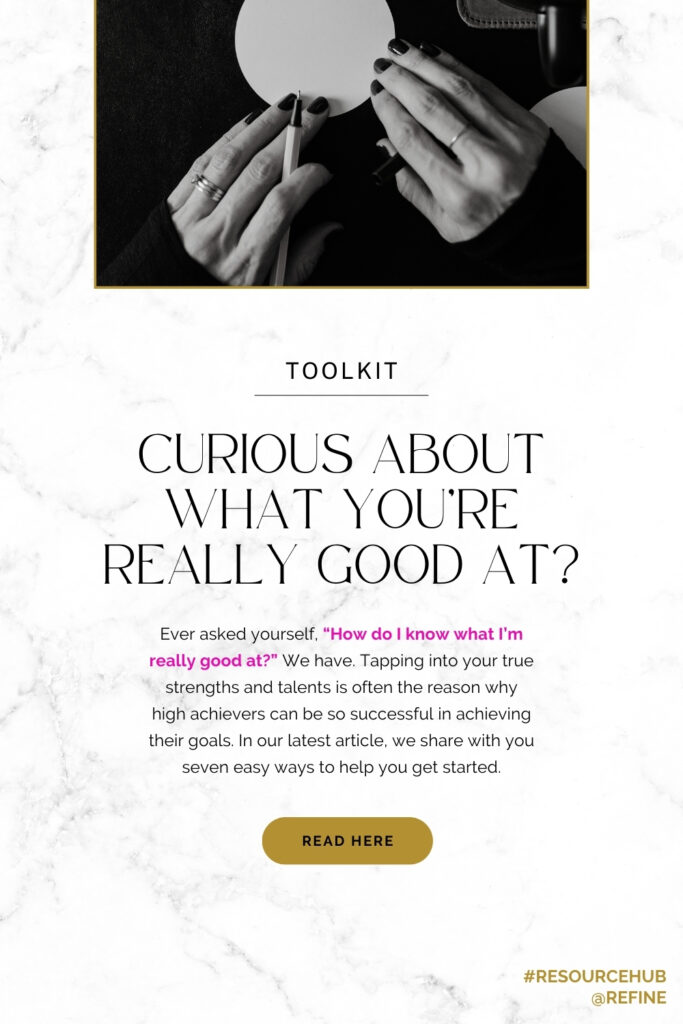


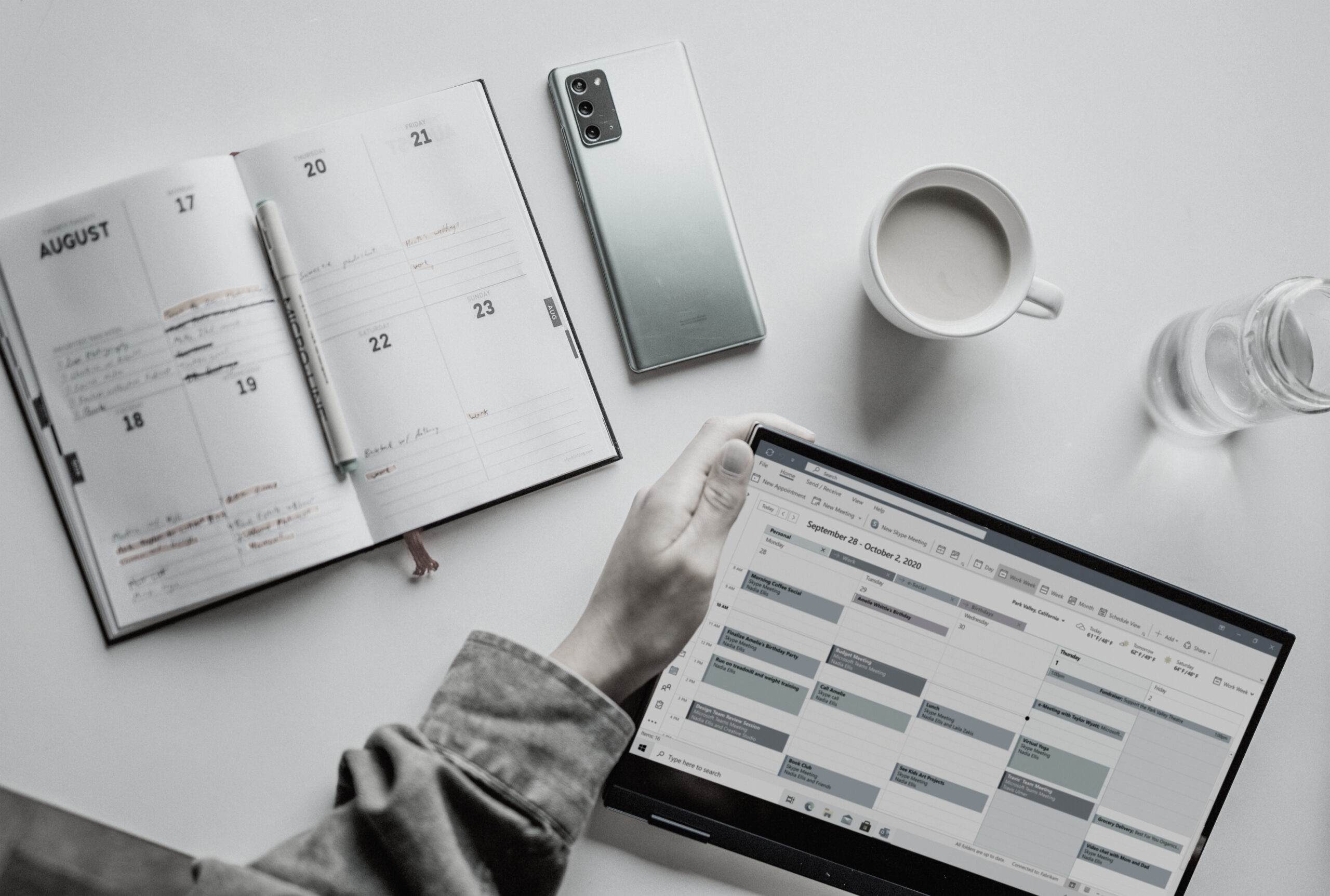
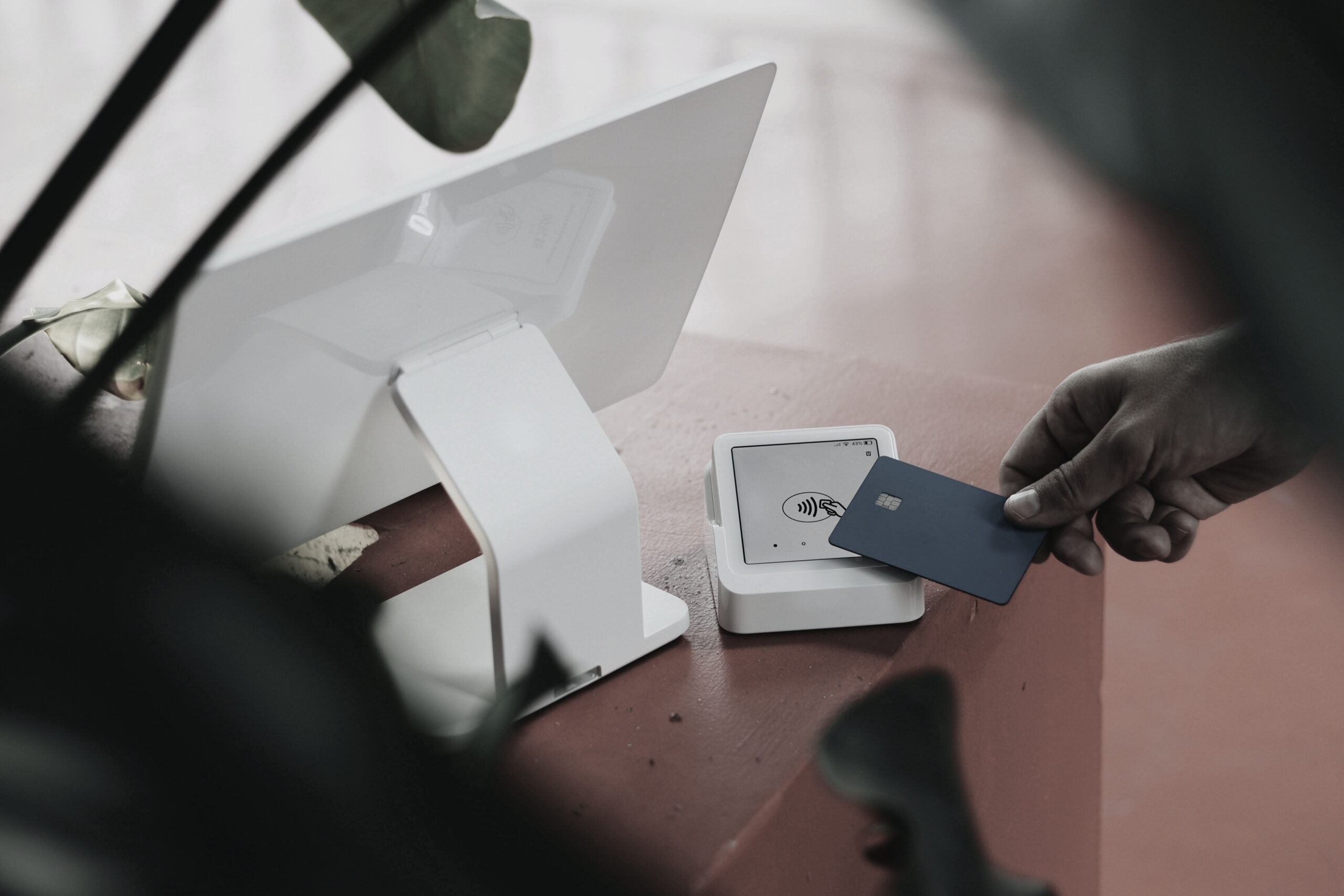

Read the Comments +